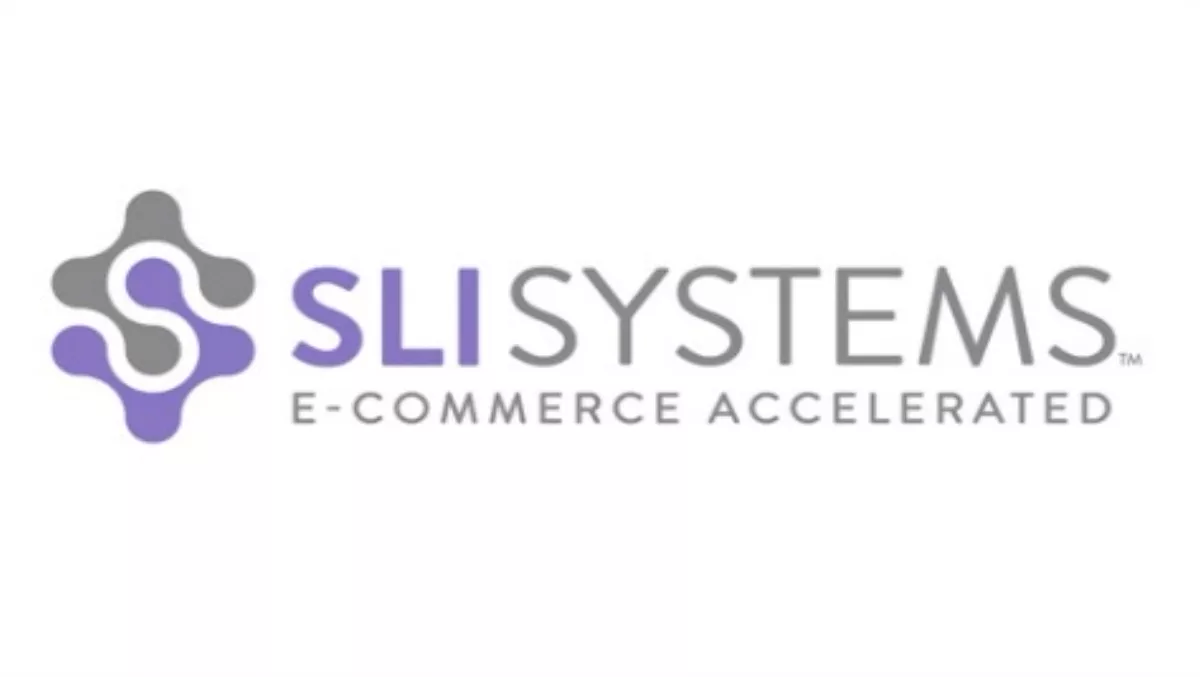
SLI first-half loss widens by 75%, says cash burn easing
Shares of SLI Systems climbed 15 percent after the eCommerce search engine developer boosted its operating earnings 34 percent and said it had enough cash on hand for current growth plans.
The Christchurch-based company reported a 34 percent gain in annualised recurring revenue, its preferred financial measure based on forward subscription revenue, to $28.9 million as at Dec. 31. Updating the market on its first-half performance it reported a loss of $4 million in the six months ended Dec. 31, wider than a loss of $2.3 million a year earlier while revenue climbed 27 percent to $13.6 million.
Shares of the stock gained 16 cents to $1.25, and recently traded up 5.5 percent at $1.15. SLI listed on the NZX in May 2013, selling shares at $1.50 apiece to rise as high as $2.84 last February, before falling to a low of 95 cents earlier this month as investors grew wary of high-growth tech stocks.
"Clearly when a company is delivering on that sort of revenue growth and not being priced like it, and it's certainly not been priced like a really fast growth tech company, this would be why people would be reappraising the weakness in the stock price," said Andrew Bascand, managing director of Harbour Asset Management. "They've certainly delivered on strong annualised recurring revenue."
Chief executive, Shaun Ryan told BusinessDesk given the company's ARR had advanced 50 percent since its May listing a fair price for the stock might be calculated on a similar basis, indicating a share price of about $2.25.
"There's been negative sentiment in tech stocks recently, over the last year and I think we've suffered from that," Ryan said. "When you compare us to our peers in the market we compare pretty favourably in terms of the amount of revenue we have, how well we're doing in the US market and our growth rate."
The search engine developer is forgoing short-term profit to fund its growth plans as it hopes to capitalise on the growing eCommerce market, particularly in the US, and says its software as a service is the second biggest after Oracle to provide online retailers with suggestive search engines.
The company is looking to turn cash flow positive, with $7.4 million in cash at balance date, compared to $13.6 million a year earlier, saying it has sufficient cash for current growth plans, and its cash burn was "trending down in the coming months".
"Investors had been contemplating that their growth objectives might require further cash, and very clearly they're saying they expect to become cash flow positive and have sufficient cash for their current growth plans," Harbour's Bascand said.
SLI's Ryan said tapping investors for more cash was "always a possibility" but believed SLI had sufficient cash for current plans in large part due to its increasing ARR which can fund its growth.
The company is now focused on further developing its service, and expanding its offering from the data it collects. It has filed patents which focus on software which personalises a consumer's search on a retail site.
"We're going to become even more deeply embedded in our retailer's businesses to help them accelerate their business," Ryan said. "We have a lot of data across all of our customers and each one of those is someone saying 'this is what I'm interested in' typing a key word on a retailer's site. There is a lot of commercially valuable information in that, but the real opportunity I see for us to take the company to the next level is to develop this direct relationship with the end consumer."
In the six-month period, SLI's staff costs increased 35 percent to $10.4 million in the period. Last December the company hired Neil Thomas, a California-based Adaptive Insights executive, as chief revenue officer and president of North America as part of its push into the world's largest economy.
In October co-founder Geoff Brash resigned as vice president of the company, ending 13 years with the business, after halving his stake to about 2 percent as the company's escrow period ended

